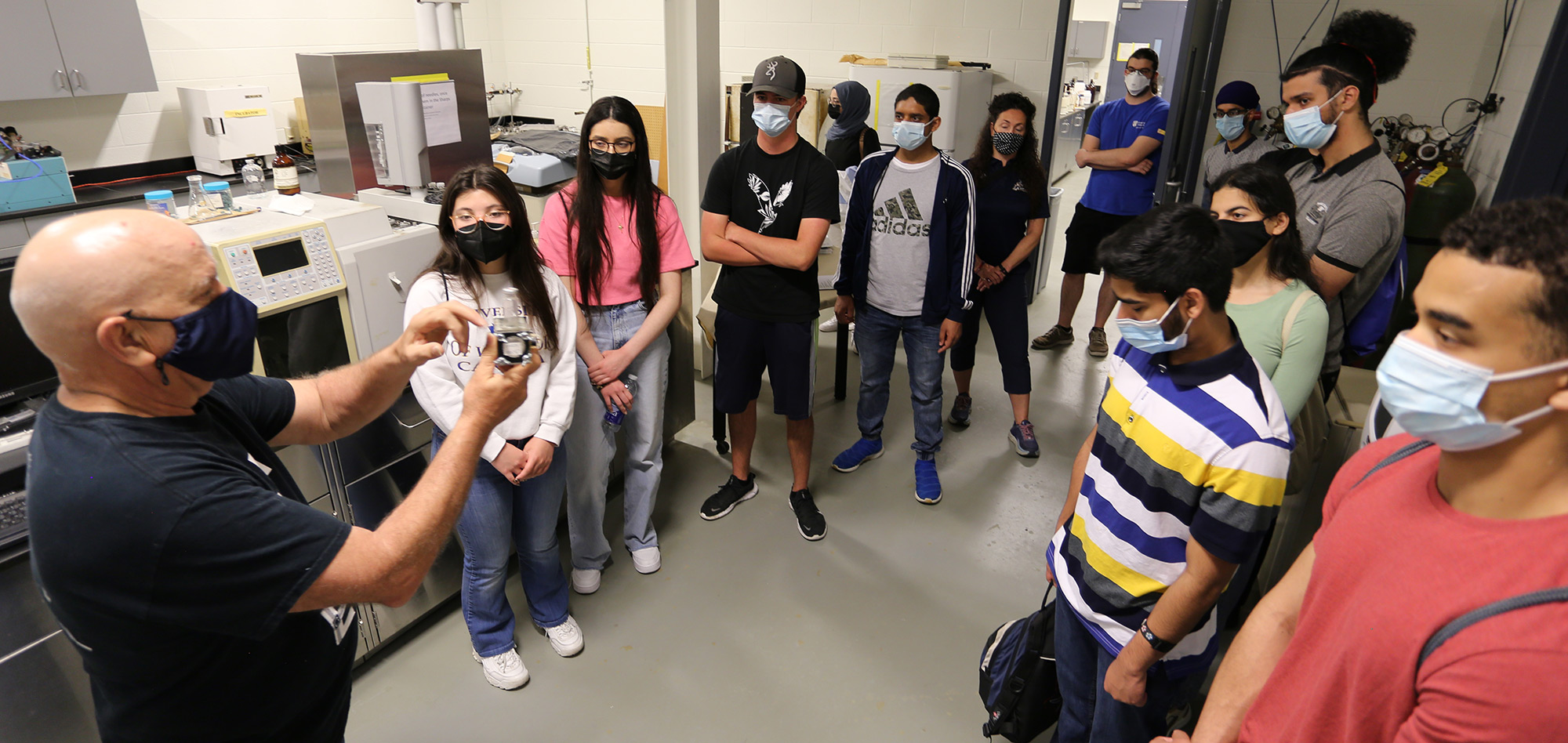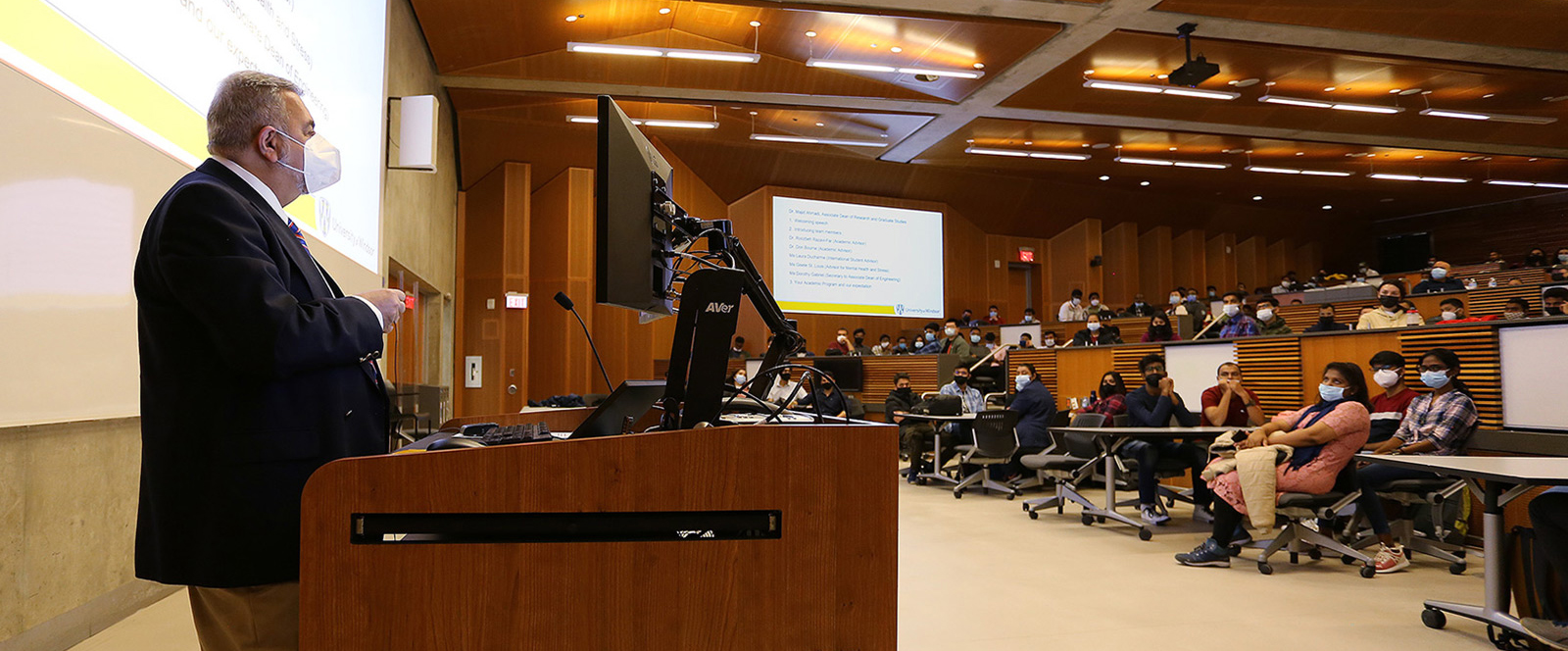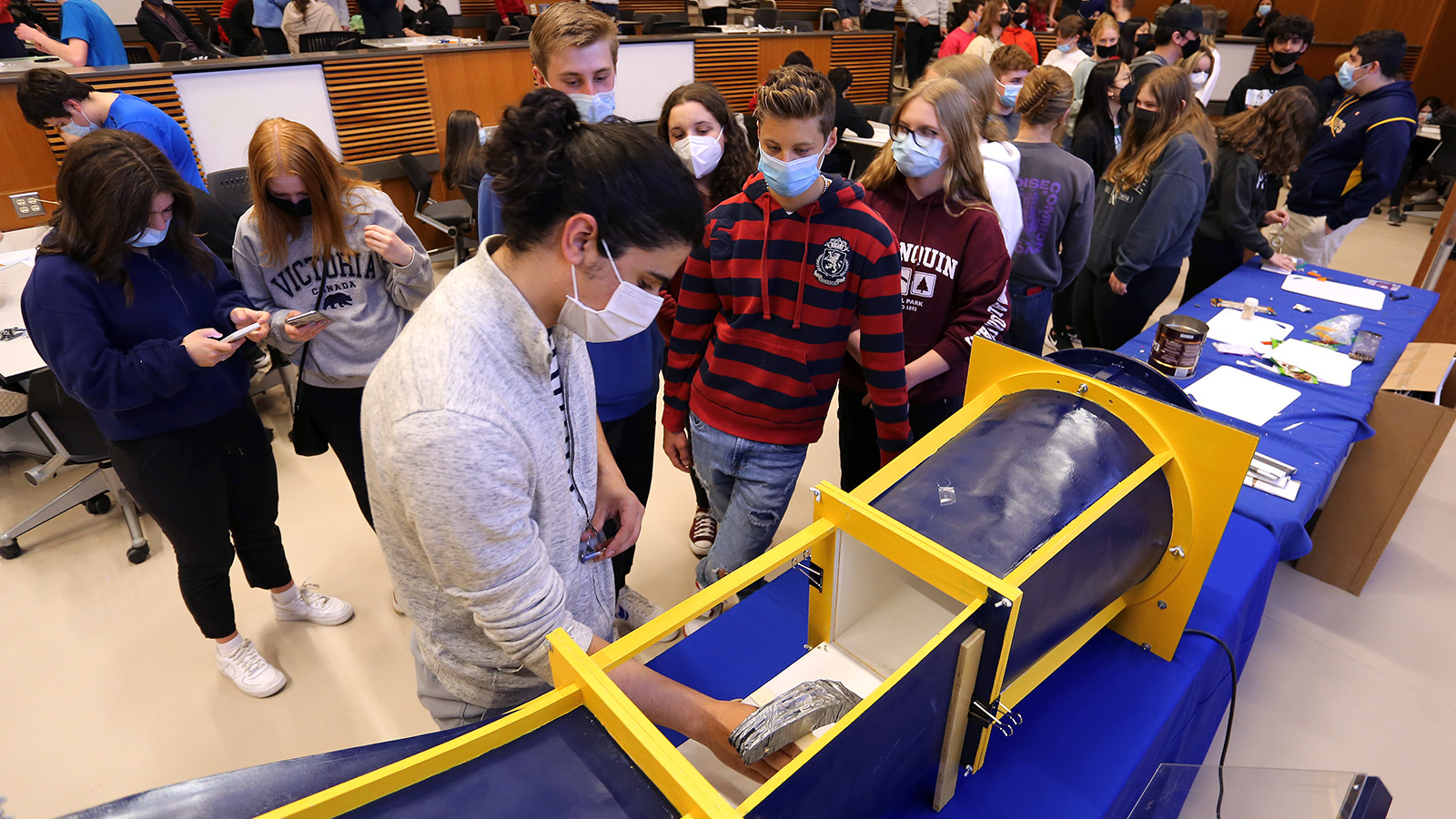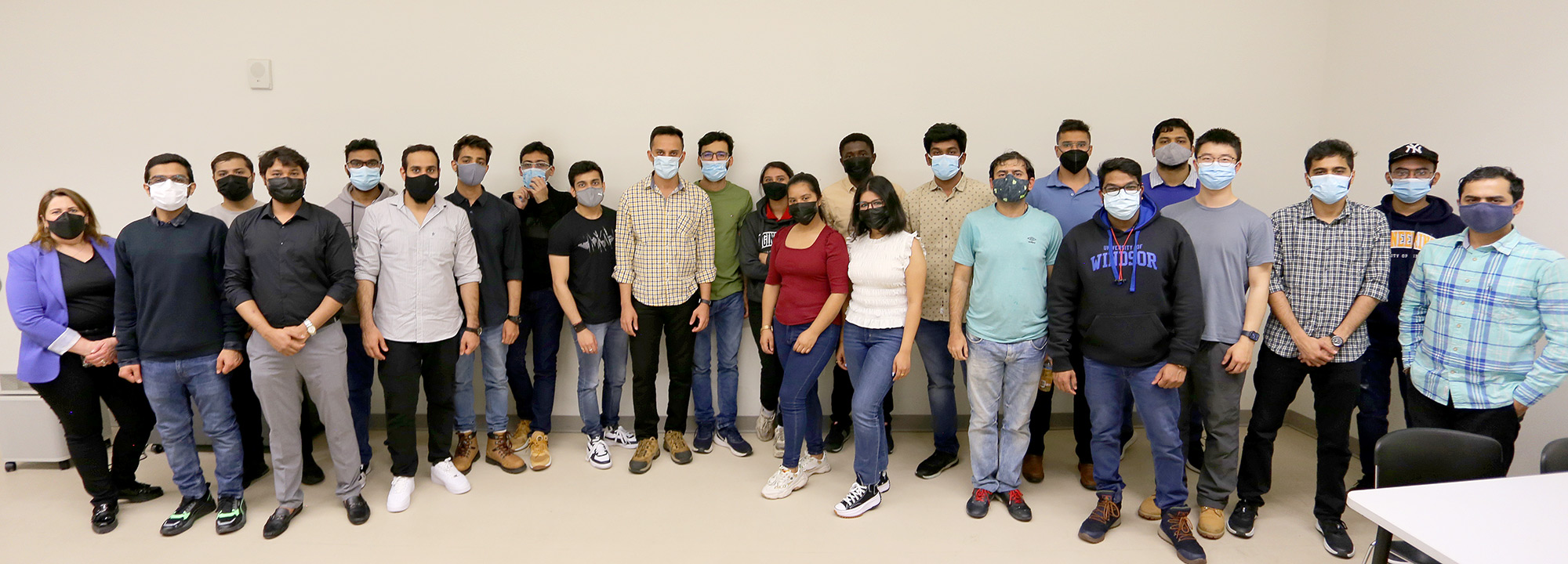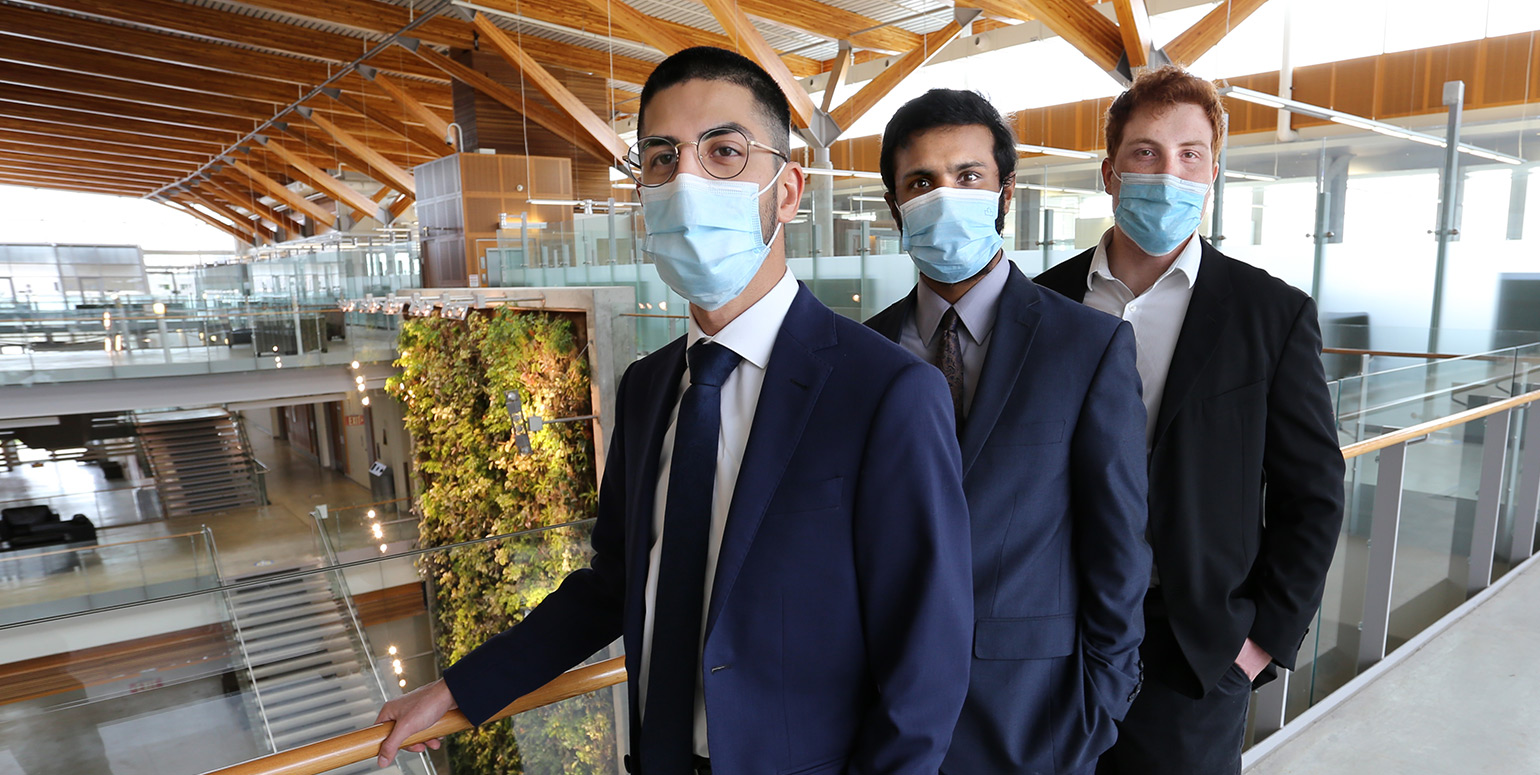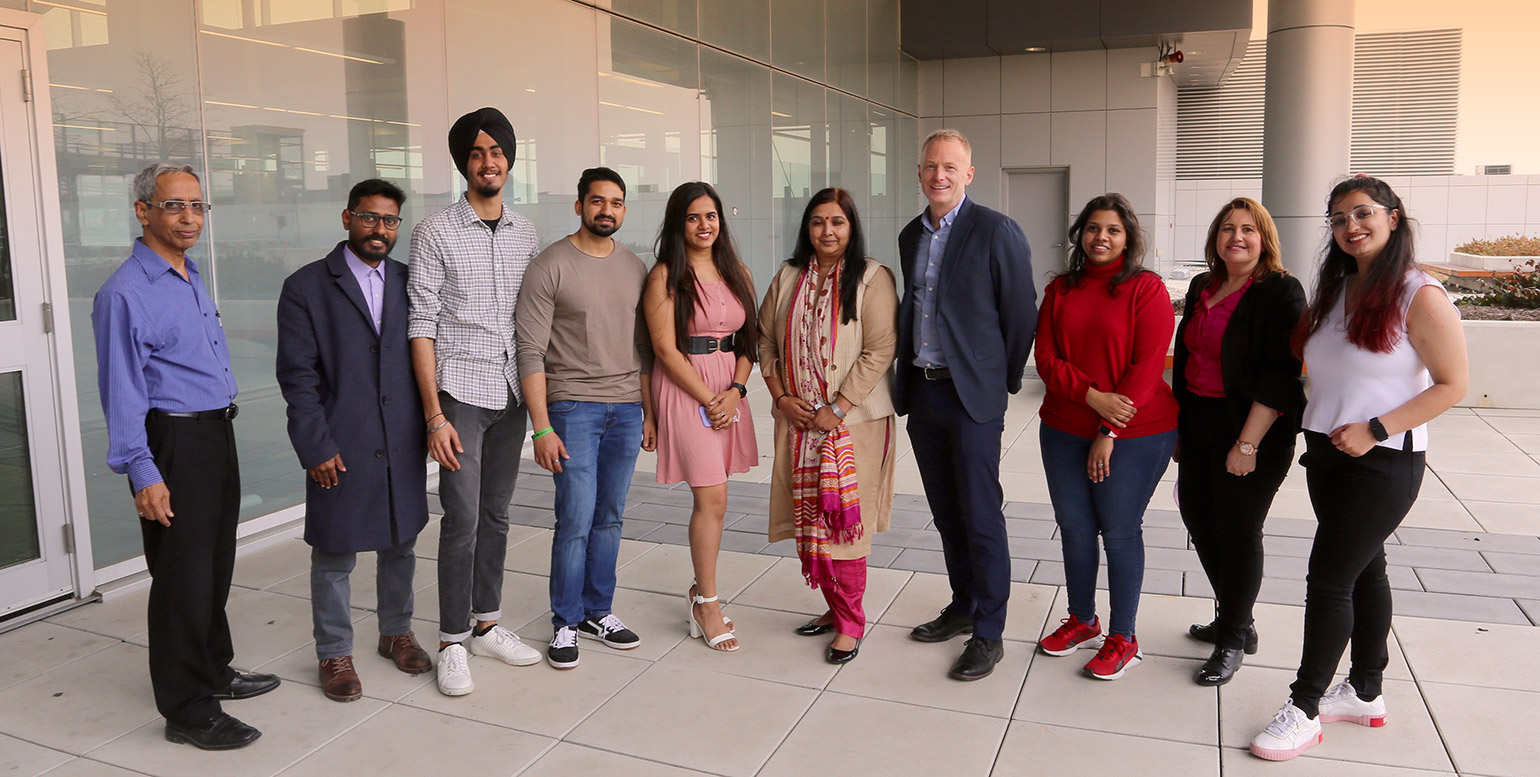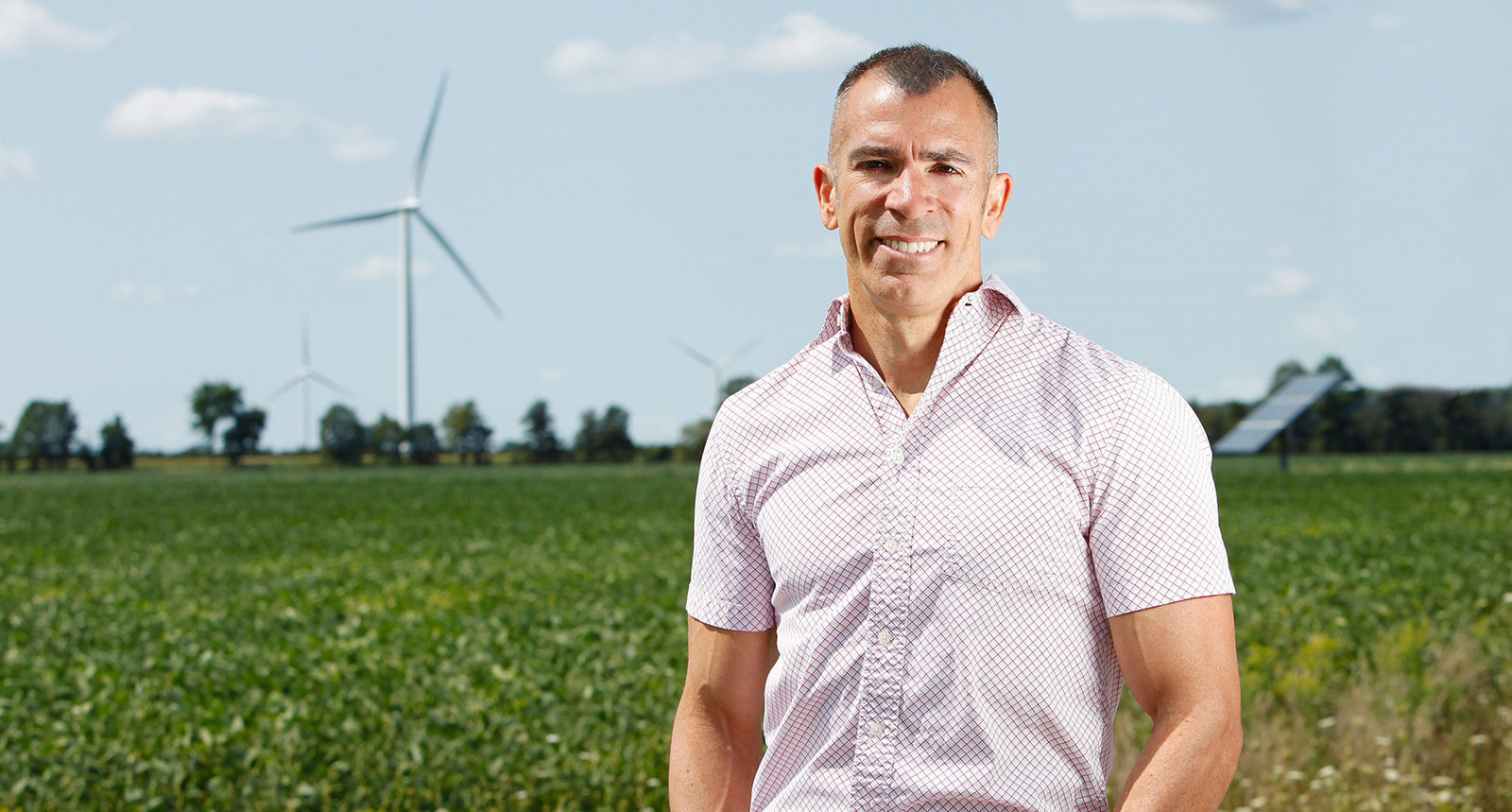
The University of Windsor is partnering with the Ontario Greenhouse Vegetable Growers (OGVG) and Kruger Energy to investigate using existing wind farms to power and heat greenhouses in Southwestern Ontario.
Dubbed the HIGH Energy project, short for the Hydrogen Integrated Greenhouse Horticultural Energy project, the new joint venture proposes using wind turbines to generate clean electricity and hydrogen for use in the area’s multi-billion-dollar greenhouse sector.

